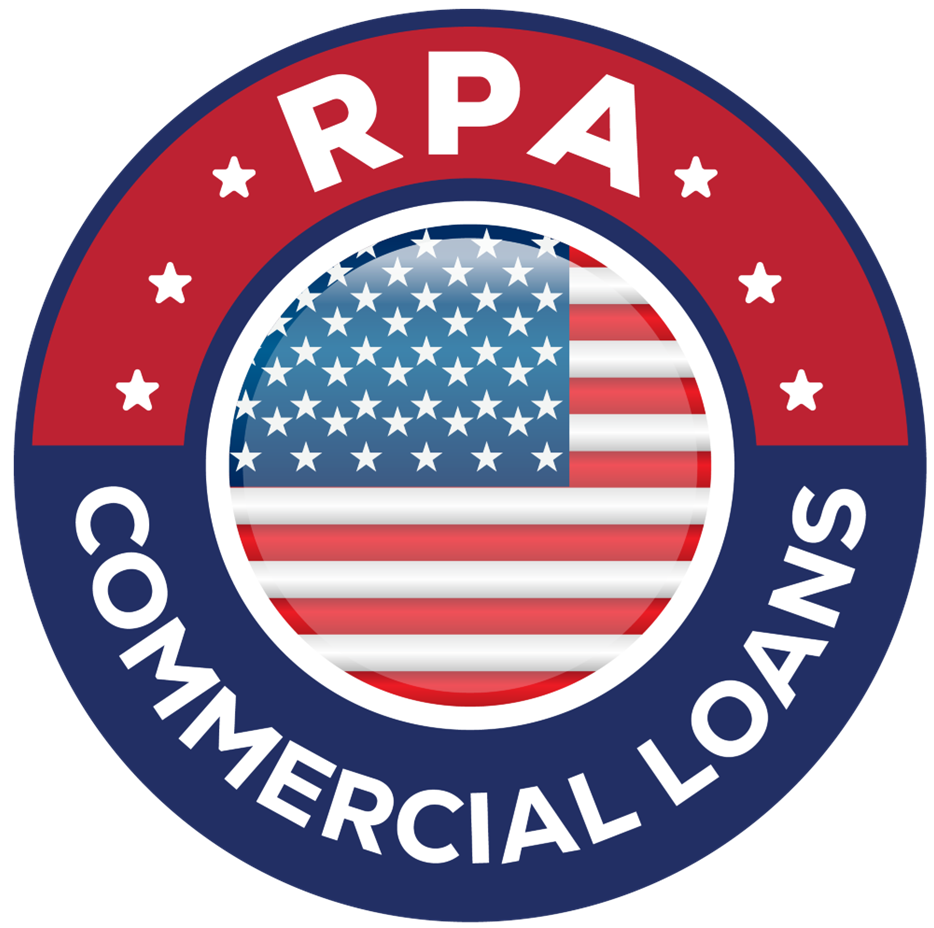We recently provided over $4 million in SBA 7(a) project-based working capital funding to a building contractor that specializes in construction of hotels and hospitals. As the contractor didn’t have direct collateral sufficient to cover the loan, this was a difficult process.
We were able to secure the business and personal real estate they did have and lend based on their upcoming and in-progress contracts, providing working capital on a revolving 60-day basis to support their cash flow needs, so that projects could continue unabated.
SBA 7(a) working capital loans are designed to help small businesses cover operational expenses and manage cash flow. The SBA 7(a) loan program is one of the most popular and flexible loan options offered by the U.S. Small Business Administration (SBA). Here’s how SBA 7(a) working capital loans work:
Loan Overview
Purpose
SBA 7(a) working capital loans are intended for a wide range of business needs, including:
- Payroll
- Rent or lease payments
- Inventory purchases
- Utilities
- Other operational expenses
Eligibility
To qualify for an SBA 7(a) loan, a business typically must:
- Be a for-profit business operating in the U.S.
- Have a tangible net worth of less than $15 million and an average net income of less than $5 million over the last two years.
- Operate primarily in the U.S. and be engaged in a lawful business.
- Have reasonable owner equity and demonstrate the ability to repay the loan.
Application Process
Documentation
Borrowers need to provide:
- Business Plan: Description of the business, its operations, and how the loan will be used.
- Financial Statements: Recent balance sheets, income statements, and cash flow statements.
- Tax Returns: Business and personal tax returns for the past few years.
- Credit History: Personal and business credit reports.
- Collateral: While unsecured loans are available, lenders may require collateral to secure the loan.
Application Steps
- Choose a Lender: We help you to apply through an SBA-approved lender, such as banks or credit unions.
- Submit Application: Provide required documentation and complete the loan application.
- Lender Review: The lender reviews your application, financials, and business plan.
- SBA Guarantee: If approved, the SBA guarantees a portion of the loan, reducing the lender's risk.
- Loan Approval: Once approved by the lender, the SBA provides the loan guarantee.
Loan Terms
Loan Amount
- Limits: Up to $5 million. The exact amount depends on the borrower’s needs, creditworthiness, and lender’s policies.
Interest Rates
- Rates: Fixed or variable rates, with a maximum rate set by the SBA. Rates are typically competitive compared to conventional loans.
Repayment Terms
- Term Length: Typically, up to 10 years for working capital loans, though terms can vary based on the loan purpose and borrower’s situation.
- Repayment Schedule: Monthly payments, which include principal and interest.
Fees
- SBA Guarantee Fee: A one-time fee based on the loan amount, typically ranging from 2% to 3.75% of the guaranteed portion.
- Application Fees: Lenders may charge fees for processing the application.
Disbursement and Use
Loan Disbursement
- Funds Availability: Once the loan is approved and processed, funds are disbursed. This can be a lump sum or in installments depending on the loan agreement and the purpose.
Use of Funds
- Flexibility: Funds can be used for a variety of working capital needs, such as covering day-to-day operational costs, managing cash flow, or funding growth initiatives.
Repayment and Management
Repayment
- Monthly Payments: Repayment typically starts after a short grace period, if applicable. Payments include both principal and interest.
Loan Management
- Maintaining Records: Keep accurate records of how loan funds are used and monitor the financial health of the business.
- Timely Payments: Ensure timely repayment to maintain a positive credit history and avoid penalties or additional fees.
Advantages and Considerations
Advantages
- Lower Rates: SBA 7(a) loans generally offer lower interest rates compared to conventional loans.
- Longer Terms: Extended repayment terms make monthly payments more manageable.
- Flexible Use: Funds can be used for a wide range of operational needs.
Considerations
- Documentation Requirements: The application process can be paperwork-intensive.
- Approval Time: It may take several weeks to get approval and disbursement.
- Collateral: While some loans may be unsecured, collateral is often required, especially for larger loan amounts.
SBA 7(a) working capital loans are a valuable resource for small businesses seeking financial support to manage and grow their operations. They offer favorable terms and flexibility, making them a popular choice for addressing various business needs.
Contact us for more information if you are interested in this loan solution. Most SBA lenders and brokers have no experience with this particular product, but we do!
Additional Information:



